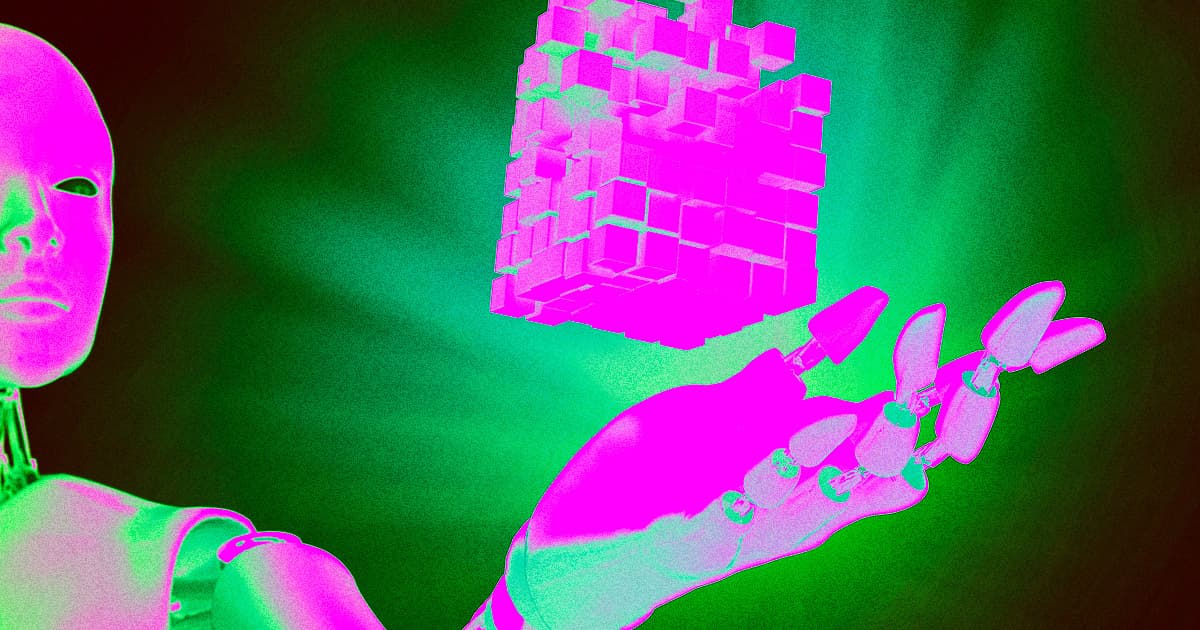The worst part? It passed peer review.
Big Oops
In an effort to raise alarm bells about how chatbots can enable academic misconduct, a group of professors from England's Plymouth Marjon University (PMU) submitted a research paper written entirely by ChatGPT for peer-review to test whether secretly bot-penned "research" could slip through the process unnoticed.
Put simply? It did.
As The Guardian reports, the professors were able to successfully publish the paper, dubbed "Chatting and Cheating: Ensuring Academic Integrity in the Era of ChatGPT," under their own names, without ever revealing that the research was actually written by a machine — thwarting plagiarism-detecting software and fooling four human peer-reviewers in the process.
"We wanted to show that ChatGPT is writing at a very high level," Debby Cotton, director of academic practice at PMU and the phony paper's fake lead author, told The Guardian.
"This is an arms race," she added. "The technology is improving very fast and it's going to be difficult for universities to outrun it."
Troubled Waters Ahead
The fact that the phony paper was able to slip through the cracks undetected — indeed, the paper was only flagged once the PMU professors personally notified the journal's editors — is surely a stark warning to the academic system, which is struggling to grapple with the breadth of ChatGPT's impact on academia enough as it is. While there are some tips and tricks for deducing whether a human or a chatbot has likely written something — ChatGPT often makes up fake sources, for example — no existing plagiarism software can reliably flag AI-generated writing, nor can any of the so-called AI-detecting programs that have emerged in the months since ChatGPT was first introduced.
In other words, despite the fact that, as the Guardian reports, primary and secondary school systems have continued to re-up threats to penalize and even expel students for using the robots to cheat, the fact remains that it's still incredibly tricky to actually police this kind of cheating, especially on a broad scale.
"My colleagues are already finding cases [of AI-assisted cheating] and dealing with them," Irene Glendinning, head of academic integrity at Coventry University in England, told the Guardian.
"We don't know how many we are missing," she added, "but we are picking up cases."
READ MORE: AI makes plagiarism harder to detect, argue academics – in paper written by chatbot [The Guardian]
More on ChatGPT: ChatGPT Is Hilariously Bad at Generating Random Numbers
Share This Article
